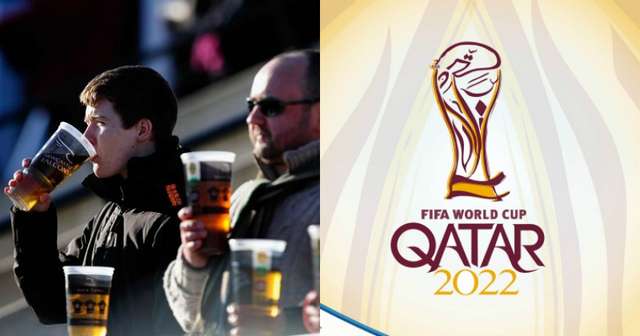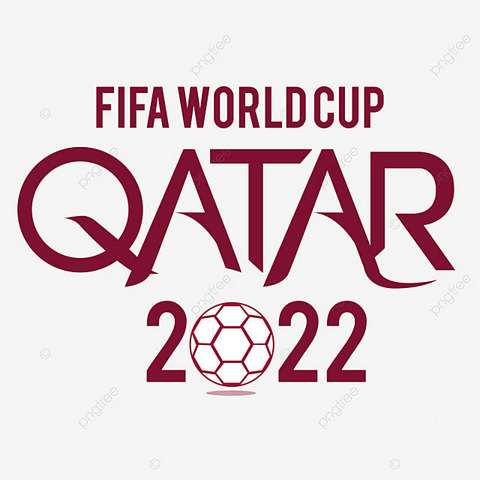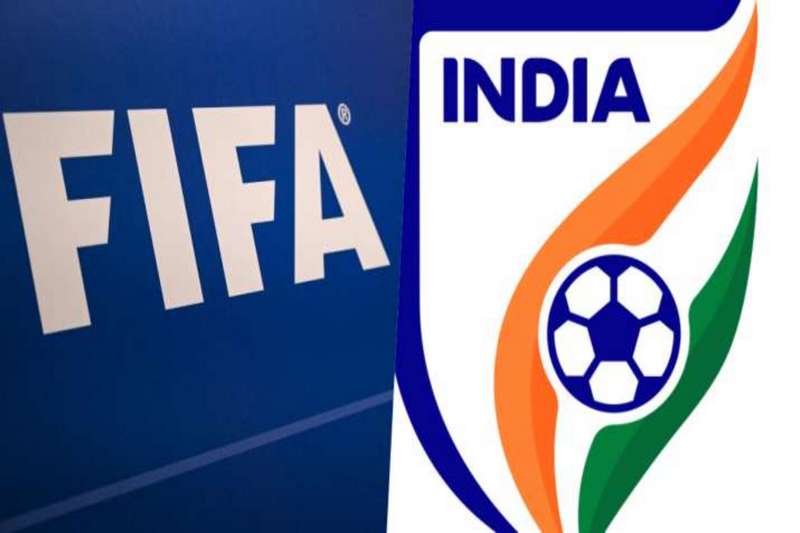
FIFA, the world’s football governing body, announced Friday that there would be no sales of alcoholic drinks at stadiums during the World Cup in Qatar. The decision was a turnabout from the host nation’s earlier declaration that beer would be sold “within the stadium perimeter” for predetermined intervals before and after World Cup games.
FIFA said in a statement that the decision was made following discussions between the governing body and host country authorities.
“Following discussions between host country authorities and FIFA, a decision has been made to focus the sale of alcoholic beverages on the FIFA Fan Festival, other fan destinations, and licensed venues, removing sales points of beer from Qatar’s FIFA World Cup 2022 stadium perimeters. There is no impact to the sale of Bud Zero, which will remain available at all Qatar’s World Cup stadiums,” the statement read.
The announcement comes just two days before the start of the World Cup, which will begin on Sunday and be the first to be staged in a conservative Muslim nation with draconian alcohol laws that forbid drinking in public.
However, the tournament’s organizers in Qatar have promised for years that supporters would have easy access to alcohol during the competition.
The move has been met with criticism from individuals and organizations alike.
According to the English Football Supporters’ Association, the decision raises doubts about Qatar’s capacity to keep its promises to visiting fans on accommodation, transportation, or cultural issues.
“Some fans like a beer at the match and some don’t, but the real issue is the last-minute U-turn which speaks to a wider problem — the total lack of communication and clarity from the organizing committee towards supporters,” the association said in a statement.
“If they can change their minds at the drop of a hat, supporters will have understandable concerns about their ability to deliver on other issues, such as housing, transportation, and cultural issues,” the statement added.
A blow to Budweiser
The decision is also a huge blow for Budweiser, a major World Cup sponsor owned by the company AB InBev and had rights to exclusively sell alcoholic beer three hours before and one hour after each game within the ticketed area surrounding each of the eight stadiums.
In anticipation of selling its products to millions of fans, the company is said to have already shipped most of its stock from Britain to Qatar.
A tweet from Budweiser’s official Twitter account read, “Well, this is awkward…” in response to the decision. The BBC broadcast a screengrab of the tweet, which was later deleted.
“Some of the planned stadium activations cannot move forward due to circumstances beyond our control,” AB InBev said in a statement.
According to the statement released by FIFA on Friday, non-alcoholic beer will continue to be sold at the eight stadiums, while champagne, wine, whiskey, and other alcoholic beverages will be supplied in the luxurious hospitality areas of the stadiums. However, those places are not accessible to the vast majority of ticket holders.
An ‘extremely worrying’ move
The move to restrict alcohol sales at Qatari stadiums was dubbed “extremely worrying” by Football Supporters Europe executive director Ronan Evain.
“For many fans, whether they don’t drink alcohol or are used to dry stadium policies at home, this is a detail. It won’t change their tournament,” Evain wrote on Twitter. “But with 48 (hours) to go, we’ve clearly entered a dangerous territory — where ‘assurances’ don’t matter anymore.”
It wasn’t the first time Qatar reversed course; just last weekend, the country’s organizers insisted on a new rule that would have moved alcohol stands into less obvious areas of the stadium grounds.
In addition, Qatar shifted the date of the opening game just weeks before the start of the tournament.
Before now, concerns about how the country – which has strict Islamic rules – will accommodate millions of international fans have been expressed by rights groups in the lead-up to the World Cup.





0 Comments